You are expecting your baby very soon, and you have made the decision to breastfeed. Congratulations as you will be providing your baby with the very best.
Be sure to lean on lactation consultants for support and help when it comes to challenges that you might encounter along the way such as the baby latching on.
However, since you have made that decision to give your baby that liquid gold, you’ll want to know what foods to eat that can help boost your own milk production.
Additionally, you’ll want to know what foods can help you provide the essential nutrients that your baby needs.
You’ll also love this news. Breastfeeding moms require extra 450-500 calories a day because nursing really does take a lot of energy, just like growing a baby takes extra energy.
That is why you need extra during pregnancy too. Those calories must be useful and must come from nutrient-dense foods. Let’s go over those foods right now.
Oatmeal
Oatmeal is one of the best foods for nursing moms to eat. Not only is it easy to prepare, but it is full of important nutrients that babies need to grow and develop such as zinc and magnesium.
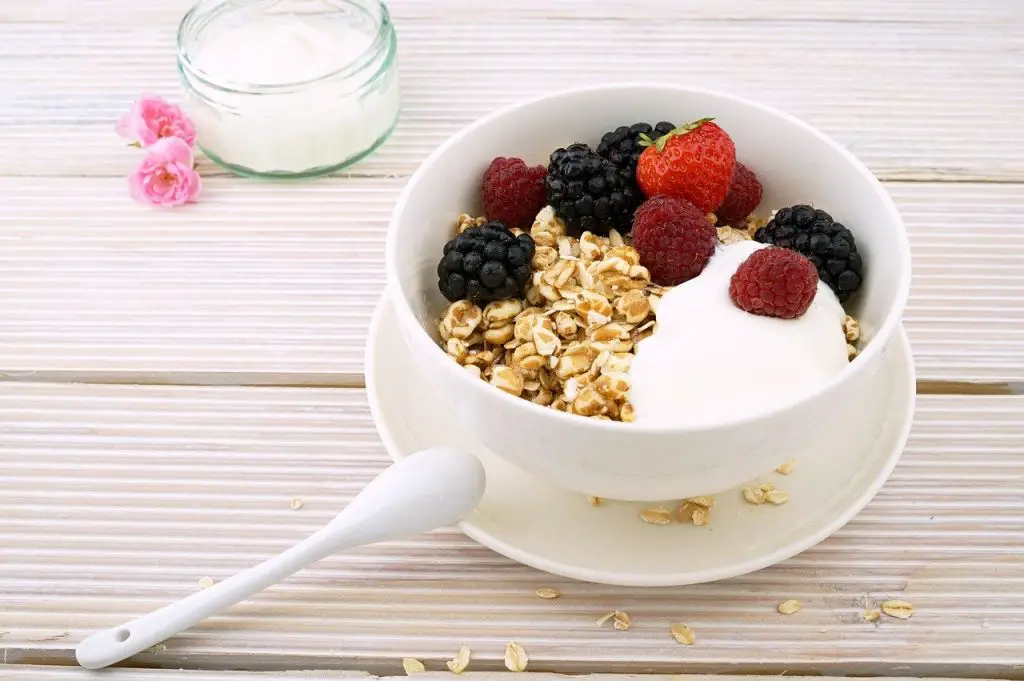
It also has plenty of fiber which will help mom stay full for a while.
Additionally, it contains sufficient levels of iron which help increase milk supply.
According to the University of Wisconsin’s Department of Family Medicine and Community Health, oatmeal is a very popular food for nursing moms for this reason. Low iron can decrease milk supply in addition to increasing the chances of the mom becoming anemic.
Salmon
If nursing moms love salmon, then the great news is that they can eat that nutrient-rich fish about 2 to 3 times a week. Salmon is delicious and it is rich in Omega 3 fatty acids.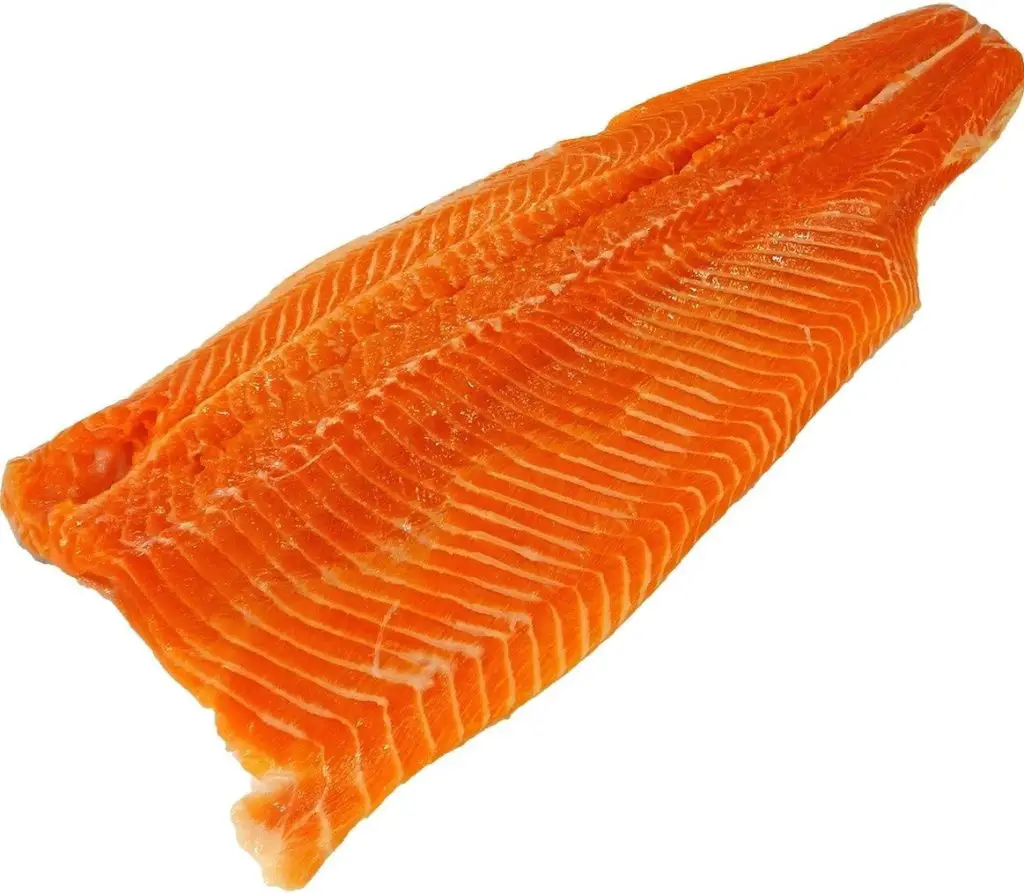
During pregnancy, moms were encouraged to eat salmon due to this reason as well in moderation.
In fact, this essential fatty acid is quite important for the baby’s nervous system. Omega 3 fatty acids are important for the baby’s eye and brain development in addition to their skin.
If nursing moms don’t take enough Omega 3 fatty acids, then that only means the amount of this important fatty acid will be low in breast milk.
If salmon is a big turn off, other foods that are rich in Omega 3 fatty acids are:
- Walnuts
- Flax seeds
- Chia seeds
However, when it comes to eating other fish that are rich in Omega 3 fatty acids, breastfeeding moms can also eat sardines, shellfish, and canned tuna.
Keep in mind, there is plenty of fish that nursing moms will want to limit eating or avoid altogether. Many types of fish have high levels of mercury which can be detrimental to the baby’s nervous system.
The list of fish that is safe to eat, to limit, and to avoid is in this list provided by the FDA.
Sesame Seeds
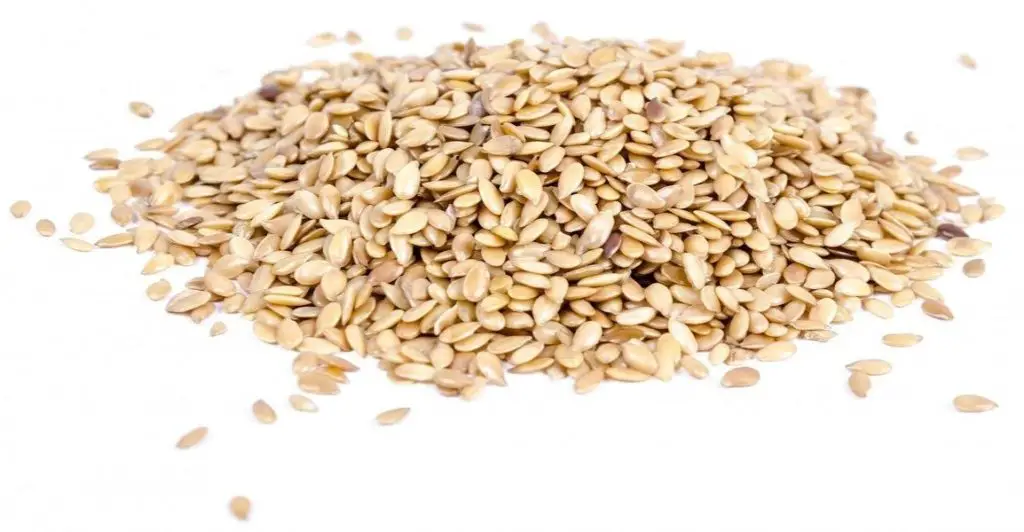 If you are a breastfeeding mom that is in the mood to have a bagel, then you should opt for a sesame seed one.
If you are a breastfeeding mom that is in the mood to have a bagel, then you should opt for a sesame seed one.
That is because sesame seeds are rich in calcium which helps increase milk production. Additionally, calcium is important to keep your bones strong as the baby that is feeding on you is depleting your own nutrients.
In fact, the recommended daily amount of calcium for lactating moms is 1,000 mg. And only 3 tablespoons of sesame seeds provides more than a quarter of this amount.
Bananas
Bananas are a tasty fruit that is loaded with potassium. And the fact that it has plenty of potassium is why breastfeeding moms need to eat plenty of these as they are nursing.
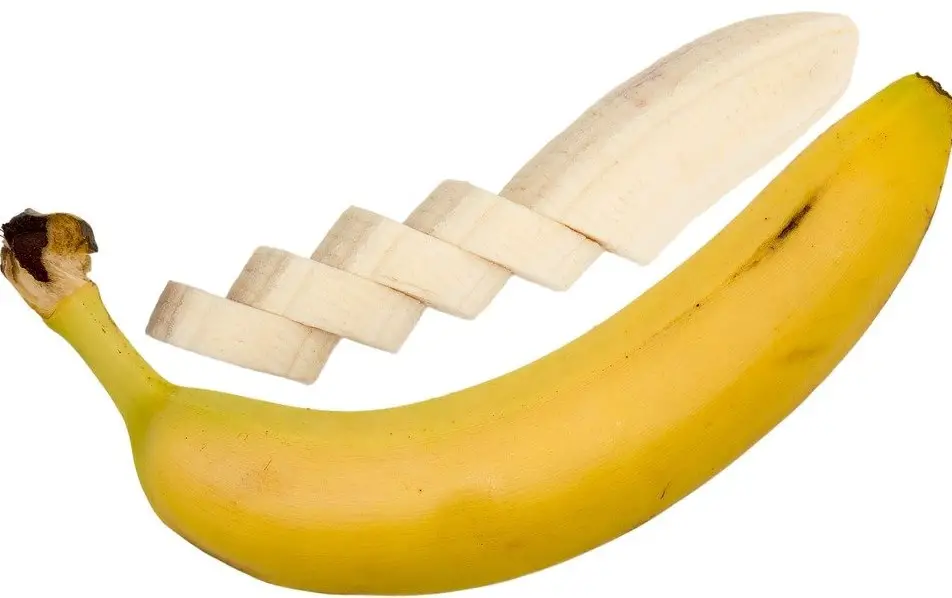
You as a nursing mom will need 5,100 mg of potassium which you require for supporting your fluid and electrolytes balance since you are breastfeeding.
Your baby requires some of that as well in order to keep fluids and electrolytes balanced in their small and growing bodies.
Why not go for some banana smoothies or once in a while, indulge in a banana split. But don’t do that too often as there is a lot of sugar in that.
Avocados
Are you a mom that loves avocado on toast? Then you are in luck! Avocados are a superfood when it comes to breastfeeding, according to health professionals. That is due to the fact that not only is it loaded with potassium.
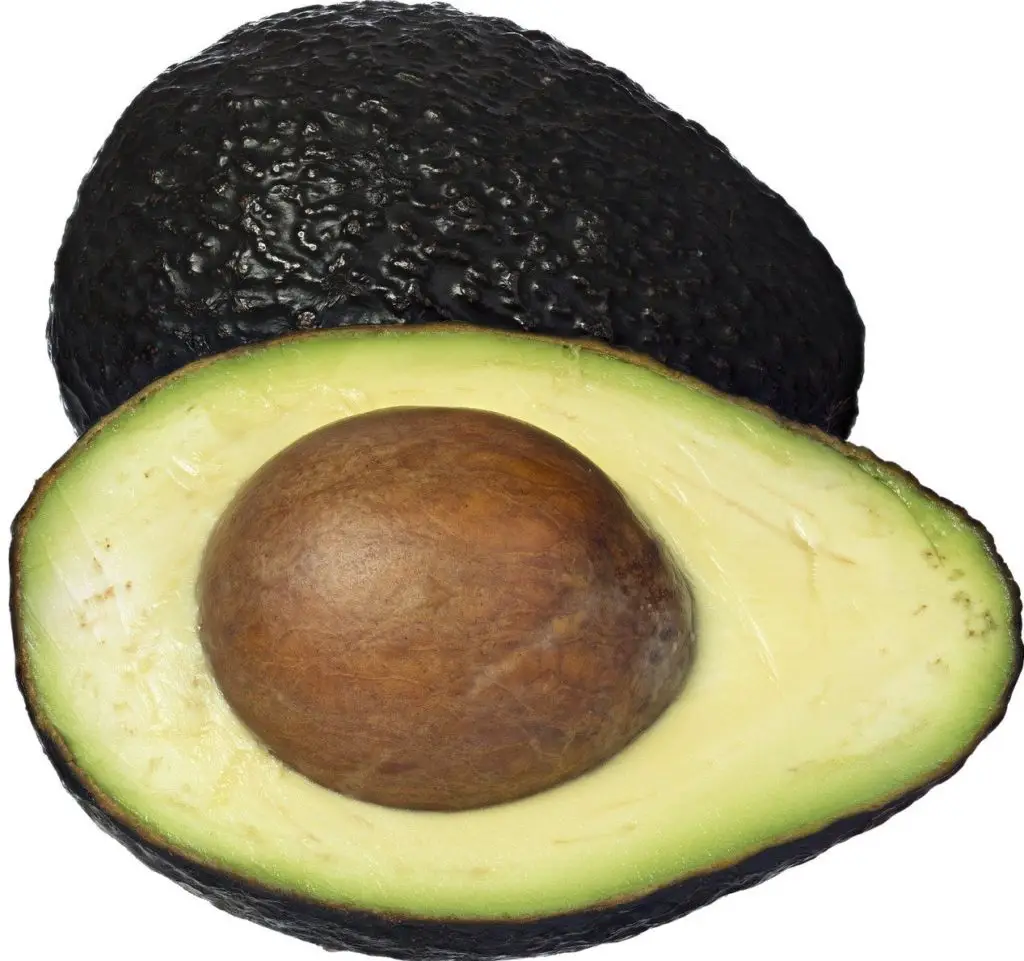
It is also rich in protein which both moms and babies need. In fact, this fruit (and yes, avocados are fruits) is full of amino acids that are the building blocks of proteins.
Therefore, they are critical in the growth of cells for you as well as your baby. Why not eat an avocado toast daily, on a bagel that has sesame seeds, better yet.
There are other important foods that are protein-rich as well that moms need to eat such as:
- Eggs
- Lean meats such as poultry, beef, and pork
- Fish (stick to the low-mercury ones)
- Dairy
- Legumes and beans
- Nuts
Berries
Berries such as blueberries, blackberries, raspberries, and strawberries are essential for you to eat as you are nursing your baby.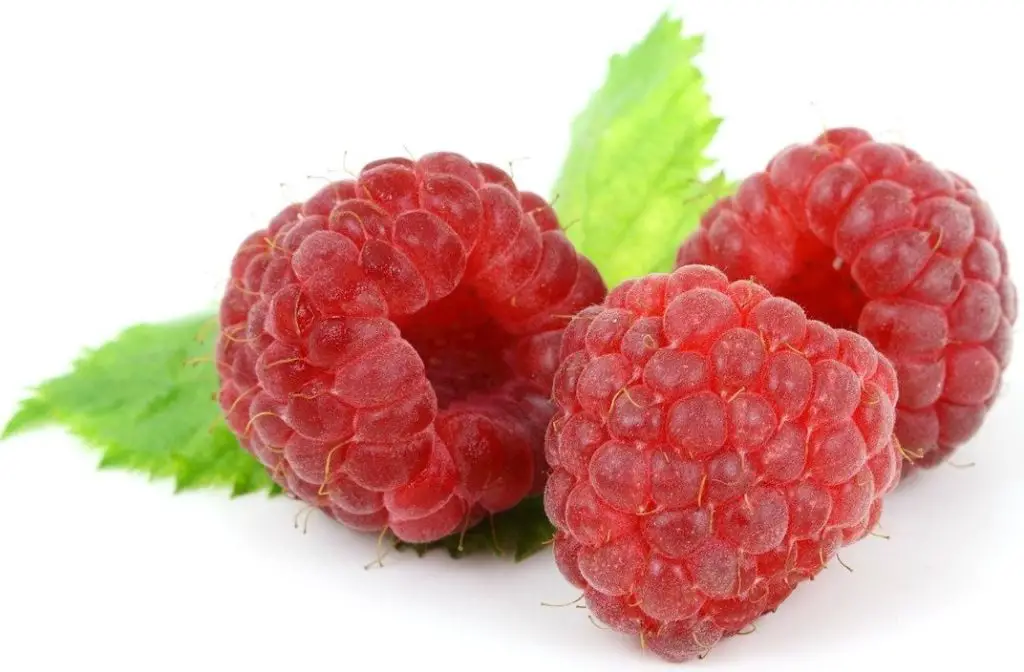
Not only are they loaded with important nutrients but they are full of antioxidants.
And antioxidants are essential for keeping your cells and tissue health as well as the cells and tissue of your baby in great health.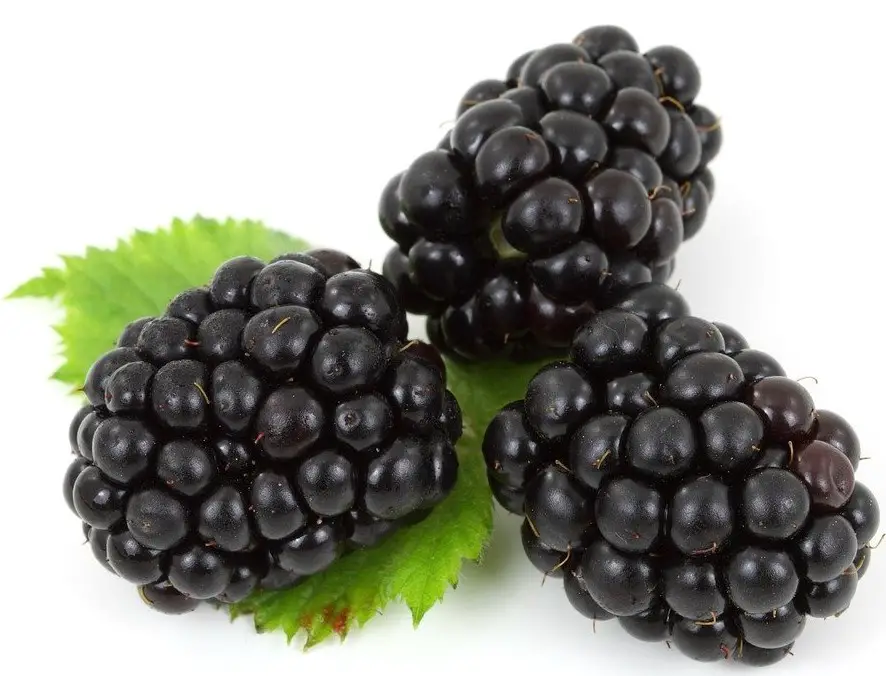
And it has been found that the antioxidants that are needed for breastfeeding do indeed pass into the breastmilk so the baby does receive it.
This will help prevent some diseases in infancy as well.
Why not make a blueberry or strawberry smoothie and add a banana to it? And enjoy them as snacks as well.
Most Vegetables
It is not rocket science to know that vegetables are filled with important nutrients and antioxidants. Therefore, breastfeeding moms would want to load up on this superfood.
The best foods that have plenty of B vitamins and Vitamins A and C are:
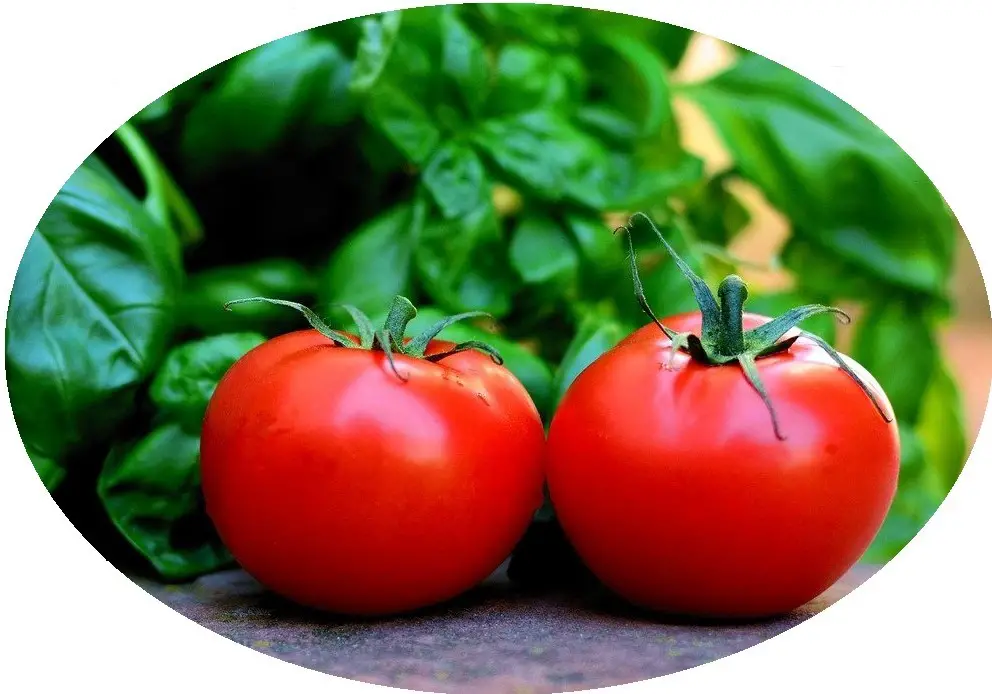
- Leafy greens such as spinach
- Pumpkin
- Tomatoes
- Sweet potatoes
- Red sweet peppers
- Carrots
However, there is one word of caution. If your baby seems irritable after you eat any of these vegetables, it could be that he or she is not tolerating it and is causing gas. You’ll have to pinpoint which one it is and eliminate it.
Whole Grains
Whole grains such as bread, cereal, and crackers are important for breastfeeding moms to consume as they provide moms with the energy they need.
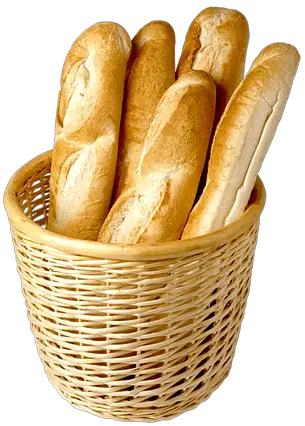
Remember that nursing takes a lot out of you and you need that energy, which is why breastfeeding moms need the extra calories.
Whole grains also don’t cause spikes in blood glucose levels as refined or simple grains do. And it is a known fact that too much glucose and insulin in the blood over a long period of time can lead to metabolic disorders such as diabetes.
Water
Don’t forget to drink that H2O as moms need to stay hydrated when they are breastfeeding.
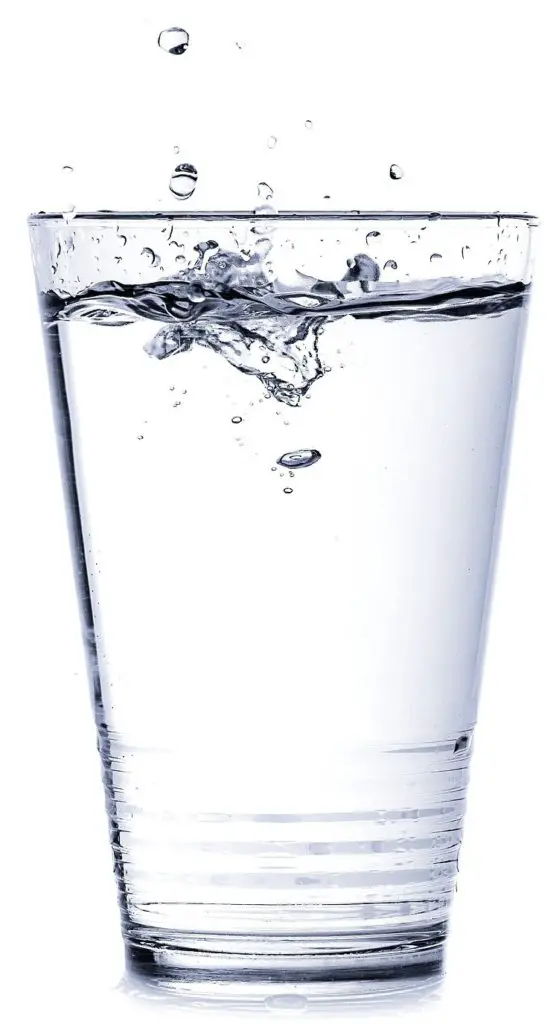 However, as counterintuitive as this sounds, moms who drink too much water can actually diminish their milk production which is not something you want to risk.
However, as counterintuitive as this sounds, moms who drink too much water can actually diminish their milk production which is not something you want to risk.
Therefore, a good rule of thumb is to drink an 8-oz glass of water each time you are ready to nurse your baby.
And drink a couple of extra glasses of water a day. Therefore, don’t drink water every half-hour.
The Takeaway
You have eaten healthy and nutrient-dense foods during pregnancy, and you must continue doing the same thing when you are breastfeeding. You need those extra calories a day to have ample energy to nurse your baby. If you don’t have the energy needed to breastfeed your baby, then you won’t be able to do it.
The important foods to eat are whole grains, fruits, most vegetables, fish that have low mercury levels, and protein-rich foods. Don’t forget to drink that H2O as well.
Those foods will help keep you strong and healthy in addition to providing the necessary nutrients for your baby to grow and develop well. Some of those foods will also help to build your milk supply as well.
At the same time, monitor your baby’s behavior after each feeding. If he or she is fussy, then there is a good chance that you are eating food that he or she is having a hard time tolerating.
You will need to pinpoint what that food is so you can eliminate it from your diet. And if you are struggling to breastfeed, be sure to rely on your lactation specialist for help.

Leave a Reply